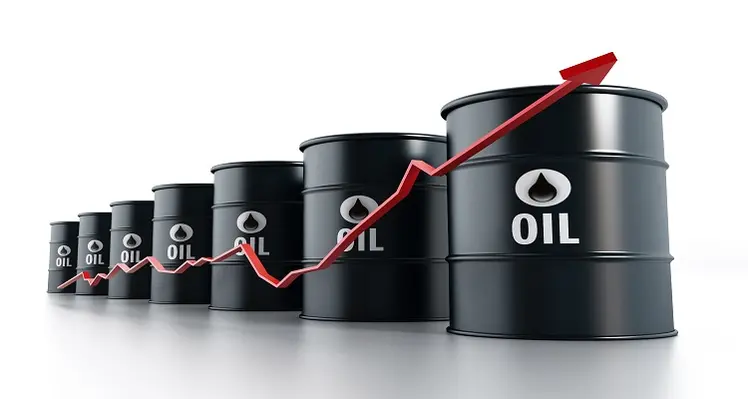The effects of the Middle East conflict on the commodity markets should be limited if the conflict does not widen, according to the World Bank’s latest Commodity Markets Outlook
Although the global economy is in a much better position than it was in the 1970s to cope with a major oil-price shock, an escalation of the latest conflict in the Middle East, which comes on top of disruptions caused by the Russian invasion of Ukraine, could push global commodity markets into uncharted waters, according to the report.
The report suggests the effects of the conflict for commodity market should be limited if the conflict does not widen. Under the Bank’s baseline forecast, oil prices are expected to average US$90 a barrel in the current quarter before declining to an average of US$81 a barrel next year as global economic growth slows. The impact on global commodtiy markets has been limited so far, with oil prices rising around 6% since the start of the conflict.
However the outlook for commodity prices would darken quickly if the conflict were to escalate, depending on the degree of disruption to oil supplies. In the worst case scenario – comparable to the Arab oil embargo in 1973 –the global oil supply could shrink by 6mn to 8mn barrels per day, driving prices up by 56% to 75% initially – to between US$140 and US$157 a barrel.
“The latest conflict in the Middle East comes on the heels of the biggest shock to commodity markets since the 1970s – Russia’s war with Ukraine,” said Indermit Gill, the World Bank’s chief economist and senior vice president for Development Economics. “That had disruptive effects on the global economy that persist to this day. Policymakers will need to be vigilant. If the conflict were to escalate, the global economy would face a dual energy shock for the first time in decades, not just from the war in Ukraine but also from the Middle East.”
The fact that the conflict has so far had only modest impacts on commodity prices may reflect the global economy’s improved ability to absorb oil price shocks, the World Bank says. Since the energy crisis of the 1970s, the report says, countries across the world have reduced their dependence on oil and diversified energy resources. Some countries have established strategic petroleum reserves, set up arrangements for the coordination of supply, and developed futures markets to mitigate the impact of oil shortages on prices. These improvements suggest that an escalation of the conflict might have more moderate effects than would have been the case in the past.
Download the report: www.worldbank.org/commodities







